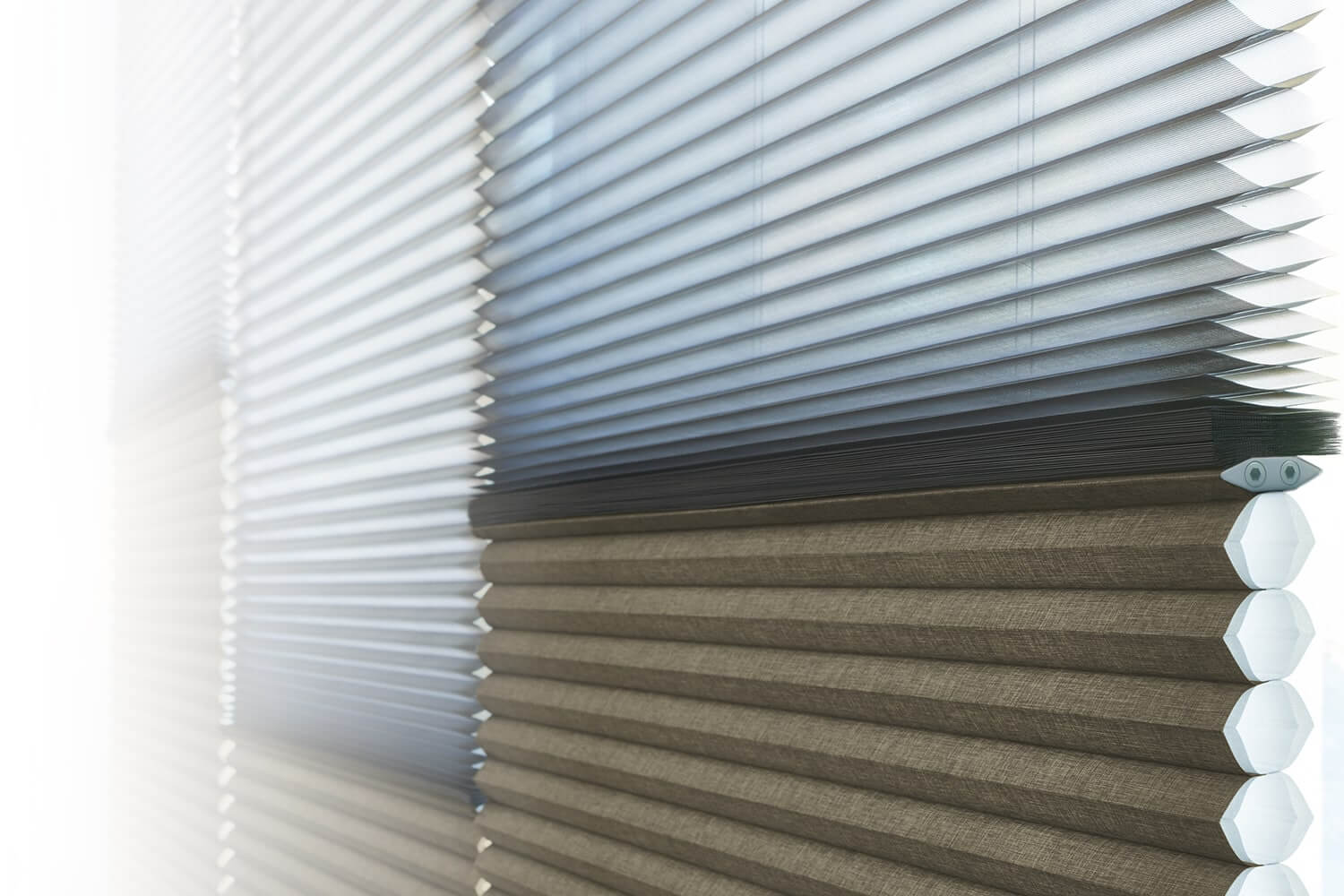UV Blocking Window Coverings for Energy Efficiency
As a construction experts, we understand the significance of energy-efficient materials and practices in the modern world. Today, we want to shed light on a crucial aspect of energy conservation in buildings: the insulating properties of window coverings. Specifically, we'll explore the benefits of using UV blocking window coverings, which can significantly reduce heating and cooling bills. By harnessing these materials, you can enhance the energy efficiency of your home or construction project while creating a more comfortable and sustainable environment.

The Impact of UV Rays on Energy Consumption: Before delving into the benefits of UV blocking window coverings, let's understand the impact of ultraviolet (UV) rays on energy consumption. UV rays from the sun penetrate windows, raising the temperature inside buildings. This causes air conditioning systems to work harder, leading to increased energy consumption and higher utility bills. Moreover, prolonged exposure to UV rays can damage furniture, flooring, and artwork, necessitating costly repairs and replacements.
The Role of UV Blocking Window Coverings: UV blocking window coverings act as a shield against harmful UV rays. These specialized coverings are designed to reduce the transmission of both UV-A and UV-B rays, thereby minimizing their negative effects on indoor spaces. By limiting UV radiation, these coverings offer a range of benefits, including enhanced energy efficiency and improved interior comfort.
Benefits of UV Blocking Window Coverings:
-
Reduced Cooling Costs: UV blocking window coverings prevent the entry of solar heat, helping to maintain a cooler interior. By blocking a significant portion of the sun's rays, these coverings minimize the strain on cooling systems, leading to reduced energy consumption and lower cooling bills. Studies have shown that properly selected and installed window coverings can result in energy savings of up to 30% during the warm months.
-
Winter Insulation: UV blocking window coverings also provide insulation during colder months. By preventing heat loss through windows, these coverings help retain warmth inside the building. This insulation effect reduces the reliance on heating systems, resulting in lower energy consumption and reduced heating bills. By selecting coverings with additional insulating properties, such as cellular shades or thermal blinds, the insulation benefits can be further enhanced.
-
Preservation of Interior Assets: UV rays can cause fading and damage to furniture, flooring, and artwork over time. By installing UV blocking window coverings, you can protect these valuable assets from the harmful effects of sun exposure. Preserving the integrity and appearance of your interior components can save you substantial expenses in repair or replacement costs.
-
Enhanced Indoor Comfort: UV blocking window coverings not only reduce the heat gain from the sun but also create a more comfortable indoor environment. By minimizing glare, these coverings improve visibility, allowing occupants to enjoy natural light without the discomfort of excessive brightness or glare. Additionally, the reduction in heat gain helps maintain a consistent and comfortable temperature throughout the day.
Real-World Energy Savings: Several studies have demonstrated the substantial energy savings achievable through the use of UV blocking window coverings. On average, households can save between 10% to 25% on heating and cooling bills by implementing these solutions. In large-scale commercial projects, the savings can be even more significant, contributing to reduced operational costs and improved environmental performance.
Conclusion: Incorporating UV blocking window coverings into your home or construction project offers numerous benefits, from energy efficiency to improved interior comfort and asset preservation. By reducing the entry of UV rays, these coverings significantly decrease the load on heating and cooling systems, resulting in lower energy consumption and reduced utility bills. Moreover, they protect your furniture and other interior assets from the damaging effects of prolonged sun exposure.
